The retired New Jersey widow who defied Donald Trump
Vera Coking took on the Trump empire
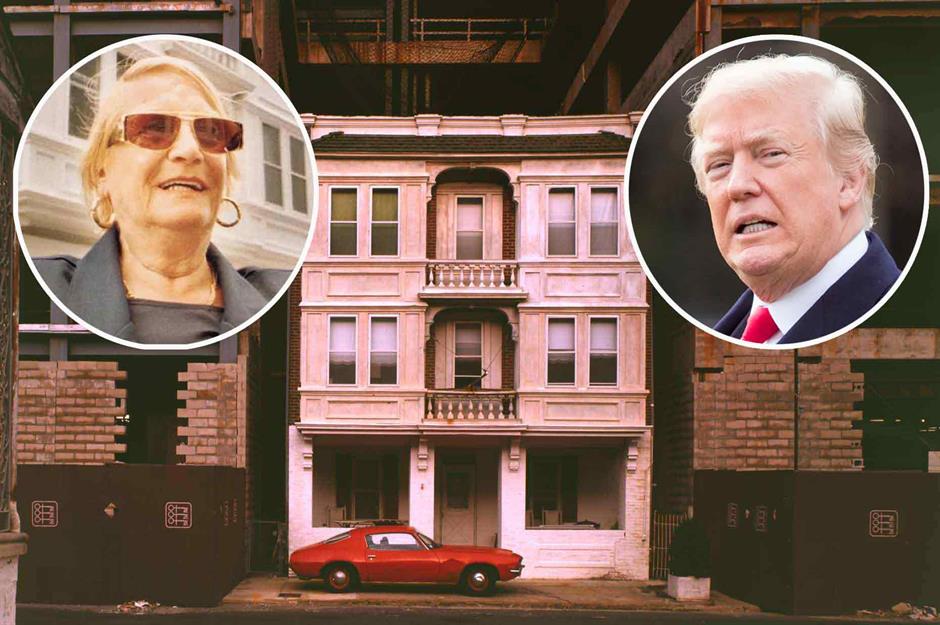
Prime real estate
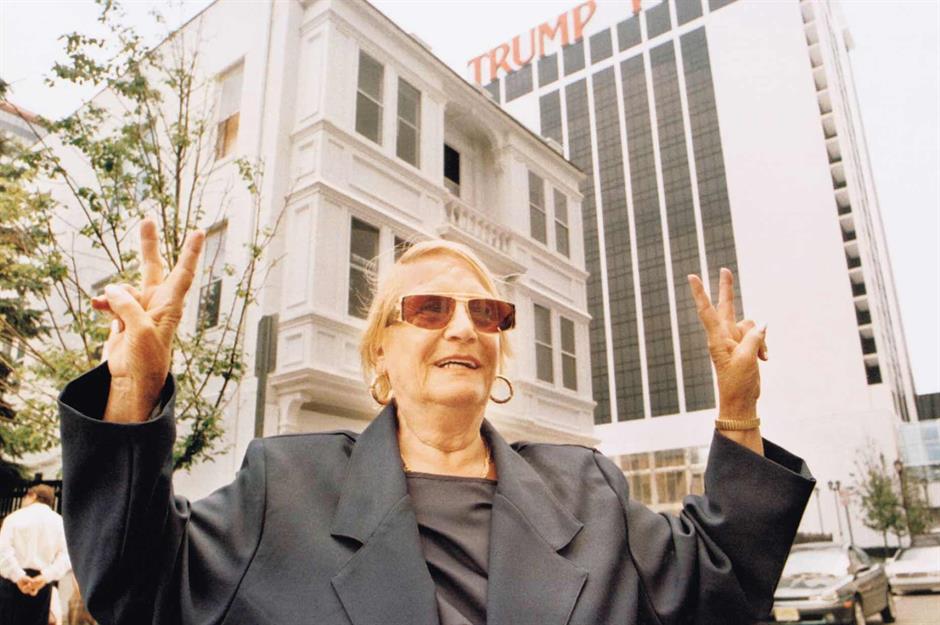
Million-dollar offer
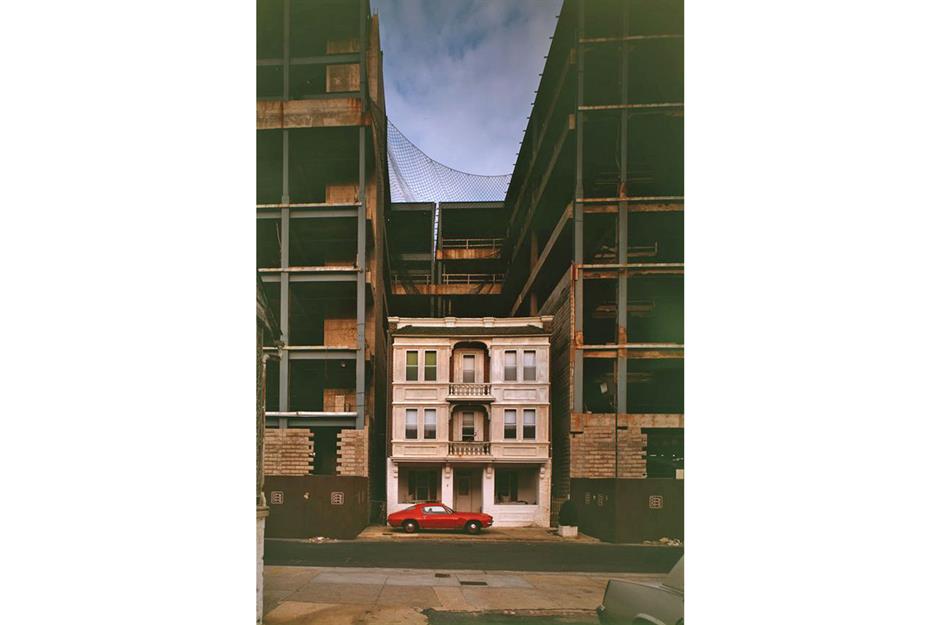
In the early 1980s, Coking rejected a million-dollar offer from Penthouse founder Bob Guccione, who was embarking on a large commercial development in the city. Seemingly not taking no for an answer, the magazine boss commenced construction of the Penthouse Boardwalk Hotel and Casino around her house, but building work halted when according to Philadelphia Magazine, Guccione couldn't obtain a gaming license and the project went bust.
Sponsored Content
Sweetening the deal

A decade later Donald Trump stepped in and bought up the surrounding land for his Trump Plaza Hotel and Casino. He turned his attentions to sweetening up the stubborn homeowner, whose husband had since sadly passed away. Coking told the New York Daily Times: "Once, he gave me Neil Diamond tickets. I didn't even know who Neil Diamond was."
Legal victory

Coking stood her ground even when things turned nasty. Demolition crews allegedly damaged the property and set fire to its roof according to her attorneys, quoted in The Washington Post. Trump petitioned the City to use the power of 'eminent domain' to condemn the property. The widow was unwavering during the legal battle and in 1998, New Jersey's Supreme Court ruled that Coking's house could not be taken away from her.
Reduced to rubble

Coking stayed at her beloved clapboard house until 2010 when she moved to a retirement community in California near her family. The home was placed up for sale with the dizzying price tag of $5 million (£3.8m), but it was unable to find a buyer. It was eventually sold at auction in 2014 to investor Carl Icahn for $583,000 (£442k) and the home was promptly demolished.
Read on to discover more determined homeowners who wouldn't bow to developers
Sponsored Content
READ MORE: Real estate rebels who defied developers

Just like Coking, these steadfast property owners resisted every attempt by powerful developers to drive them out, staying put while neighbouring properties were razed to the ground. Against all odds, their real estate holdouts remained, incongruously juxtaposed to the surrounding construction sites or developments. Here are some notable examples from around the world.
Michael Forbes vs. Donald Trump
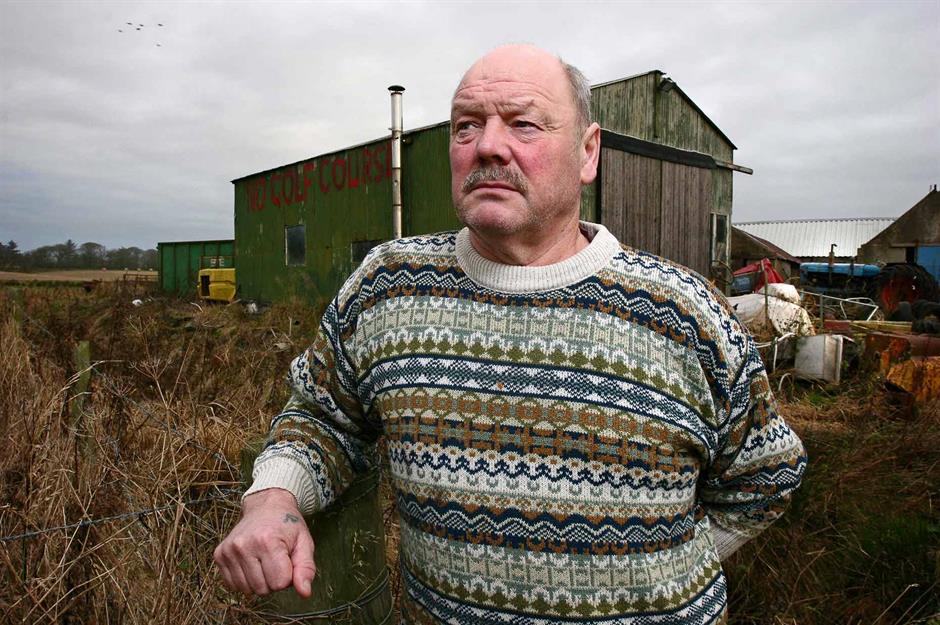
Scottish fisherman and quarry worker Michael Forbes also drew the ire of Donald Trump in 2007 when he refused to sell his home to the real estate mogul, who had plans to build a luxury golf course next to the property in Balmedie, Aberdeenshire. Forbes was enticed with $578,000 (£450k) and a job on the golf course paying $64,000 (£50k) a year but declined the offer.
Michael Forbes vs. Donald Trump
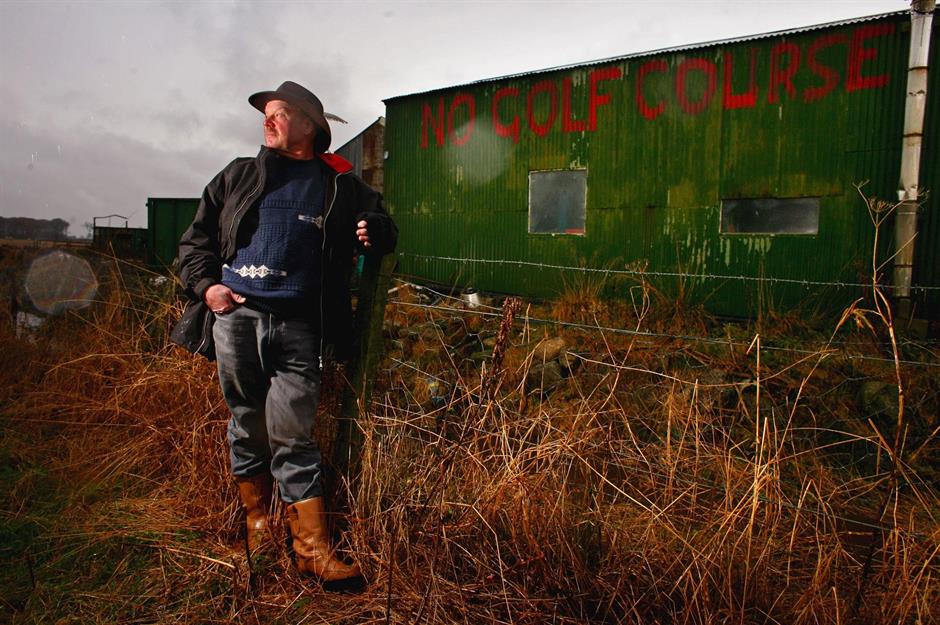
Infuriated by Forbes' refusal to move, Trump branded the Scotsman “a disgrace” and described his home as a slum. Trump Corporation staff even went as far as to remove a boat belonging to Forbes and fenced off parts of his land in 2010. These attempts at intimidation failed and Forbes stayed put. The saga was featured in a 2011 documentary entitled You've Been Trumped.
Sponsored Content
Michael Forbes vs. Donald Trump
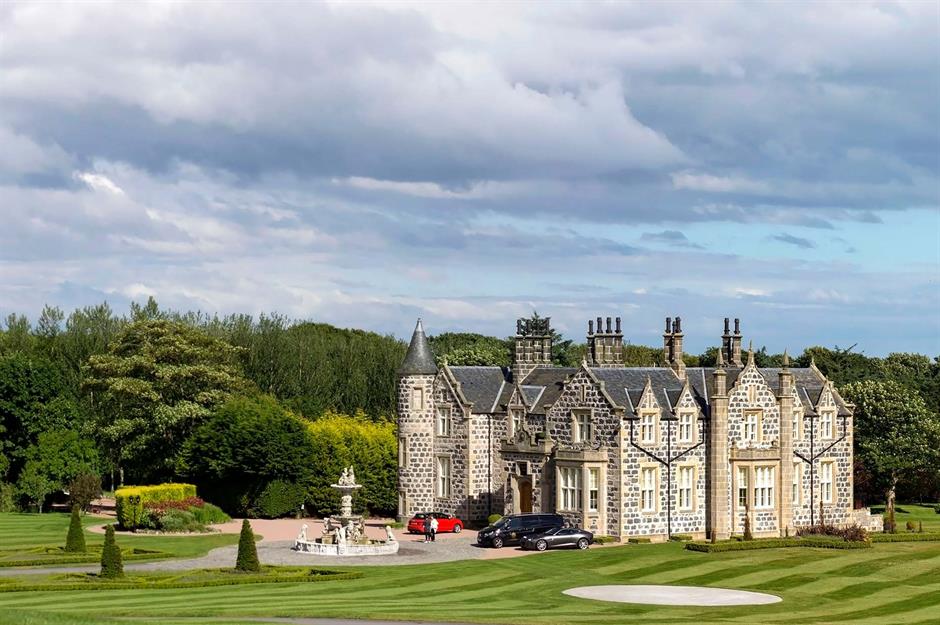
Despite the issues and opposition, the Trump International Golf Links course opened in 2012. The original plan was for a $1.4 billion coastal resort with two golf courses, a hotel and around 1,000 holiday homes. Pictured here, MacLeod Lodge, which resembles a turreted fairytale castle, is the grand main building on the site, named after Trump's mother, Mary Anne MacLeod.
Siegel-Cooper vs. Macy's Department Store
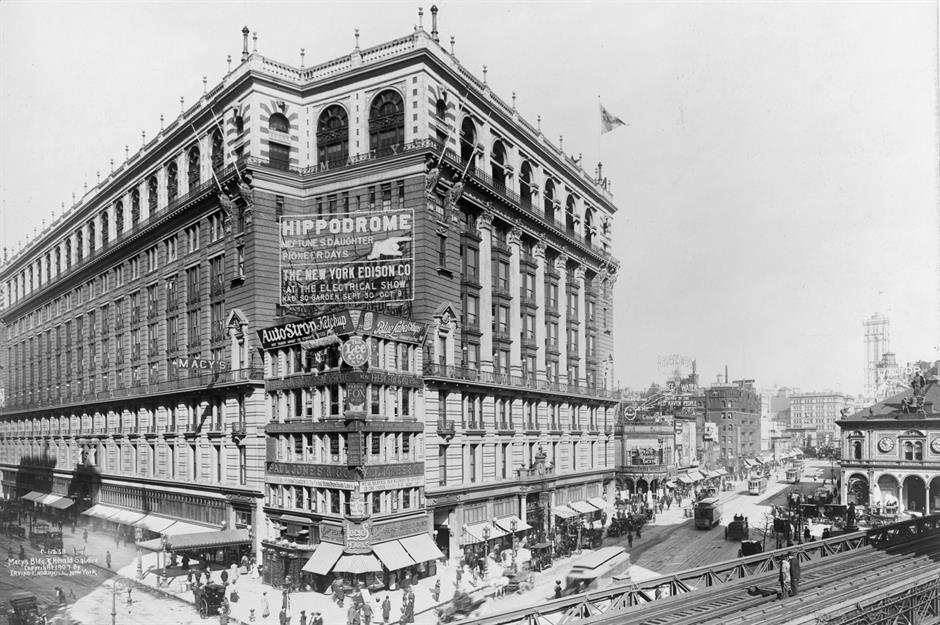
In order to fulfil its ambition to become the largest department store on the planet, Macy's was forced to build around a five-storey structure on Manhattan's Herald Square. After discovering Macy's was buying up the entire block, rival retailer Siegel-Cooper acquired a plot on the corner of Broadway and 34th Street in 1900 and erected the five-floor building on the site in 1903 to thwart the plans.
Siegel-Cooper vs. Macy's Department Store
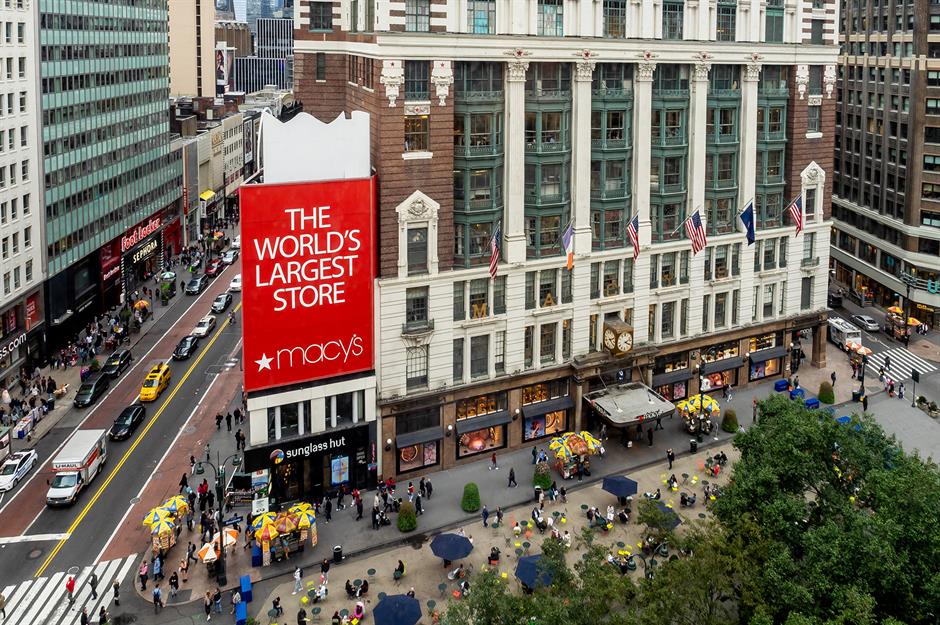
Siegel-Cooper had constructed what was then the world's biggest department store on Sixth Avenue in 1896 and was prepared to play dirty to keep the coveted title. Siegel-Cooper was also trying to force Macy's to relinquish its Sixth Avenue and 14th Street Location in exchange for the building. Macy's ignored the ploy and the building was sold in 1911 for a record million dollars. The spot has since been dubbed the 'Million Dollar Corner'.
Sponsored Content
Siegel-Cooper vs. Macy's Department Store
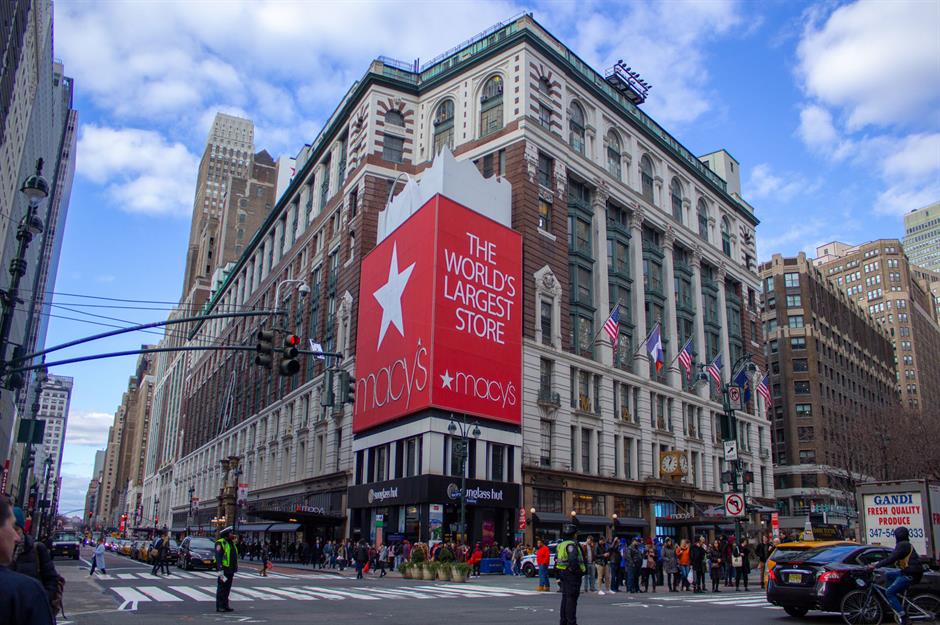
Mary Cook vs. Manhattan apartment developers
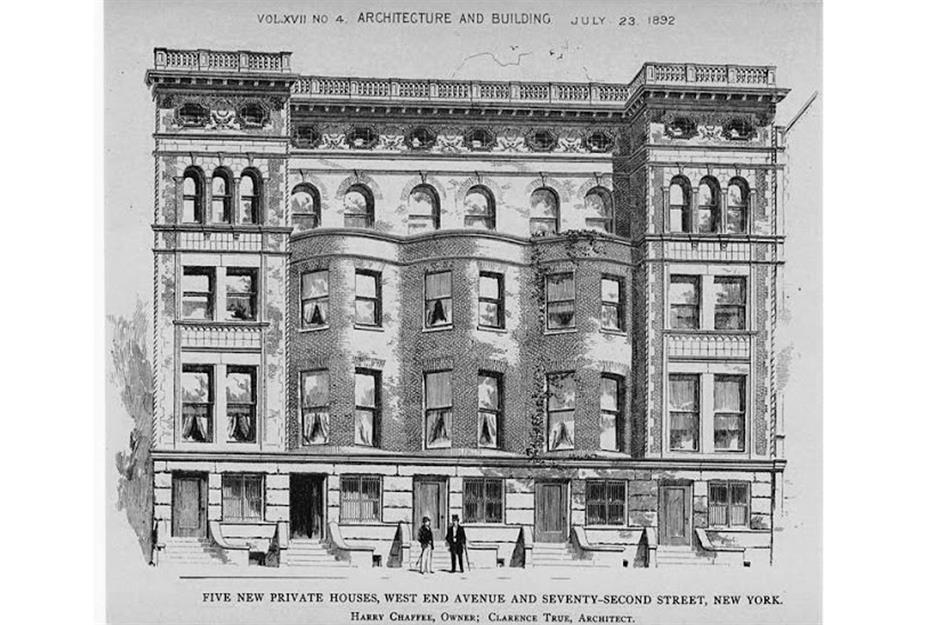
Mary Cook vs. Manhattan apartment developers
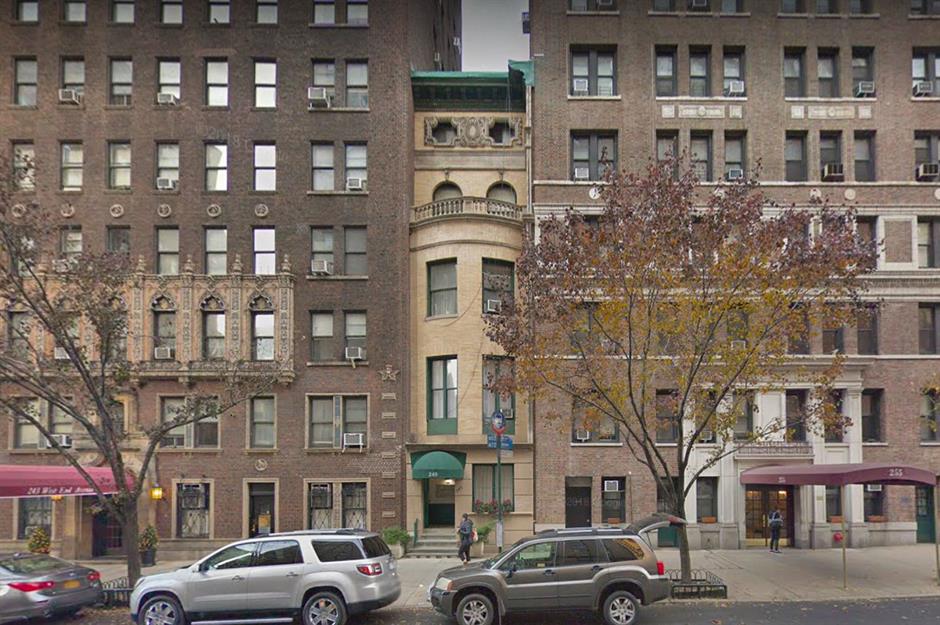
By 1915 only Mary Cook, the matriarch of the famous family remained. Cook's husband had died tragically in 1913 and her children had flown the nest. A slew of developers descended on the area and persuaded Cook's neighbours to sell up, but the widow refused to budge. Eventually, the attractive original building was partly demolished to make way for two lofty apartment blocks.
Sponsored Content
Mary Cook vs. Manhattan apartment developers
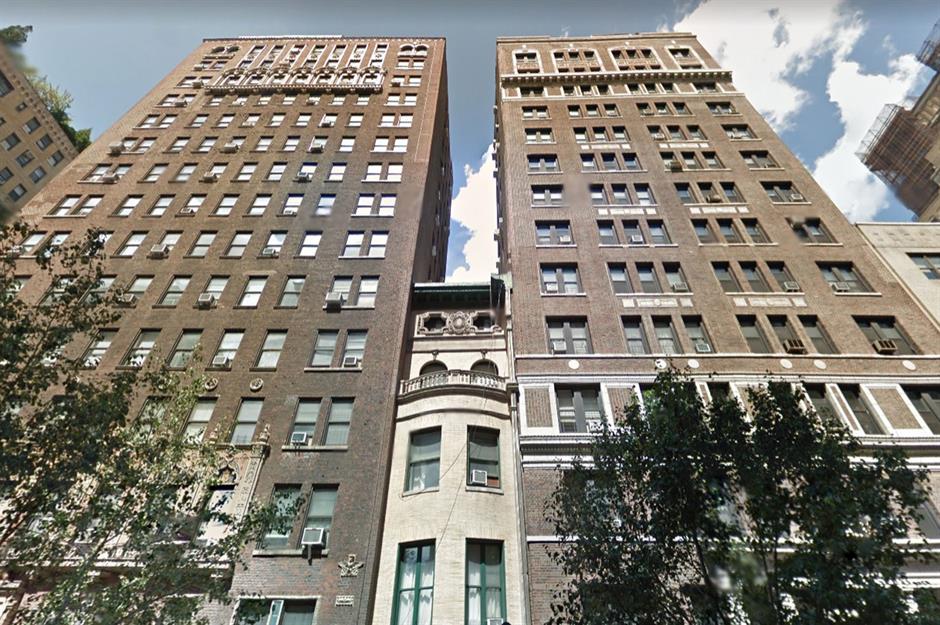
Cook's home, however, was left untouched, squeezed snugly between the pair of condominium buildings. The strong-willed widow died in 1932. The skinny house, which has escaped the wrecking ball to this day, was sold and converted into an art gallery before being split into a number of apartments.
The Spiegelhalter family vs. Wickhams Department Store
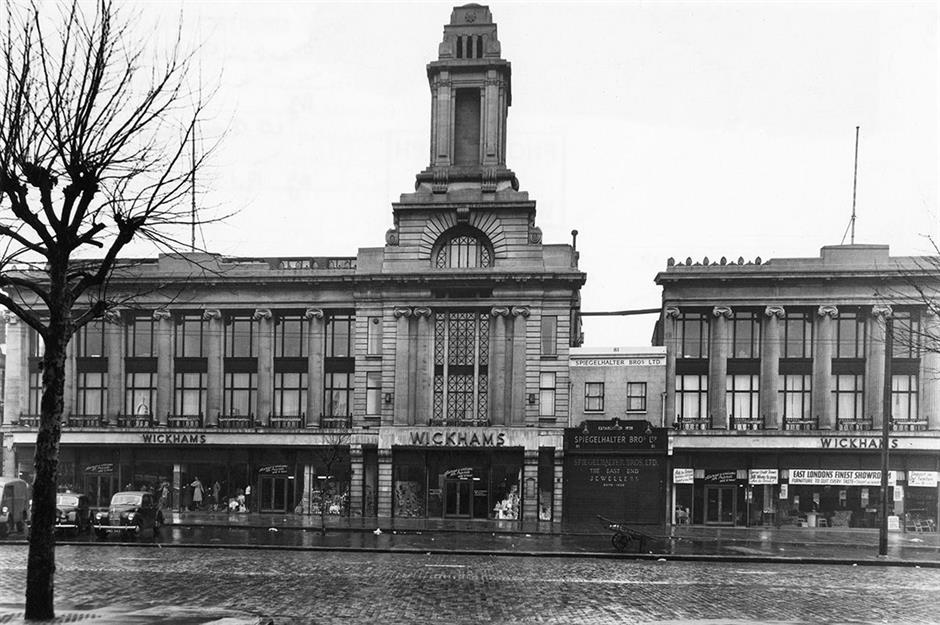
Nicknamed the 'Harrods of the East', the swish Wickhams Department Store on London's Mile End Road was actually modelled on Selfridges but unlike its rival in the West End, the retail space features a curious anomaly. As you can see from this photograph taken in the late 1950s, the building was bizarrely broken up by a small Victorian-era jewellery shop.
The Spiegelhalter family vs. Wickhams Department Store
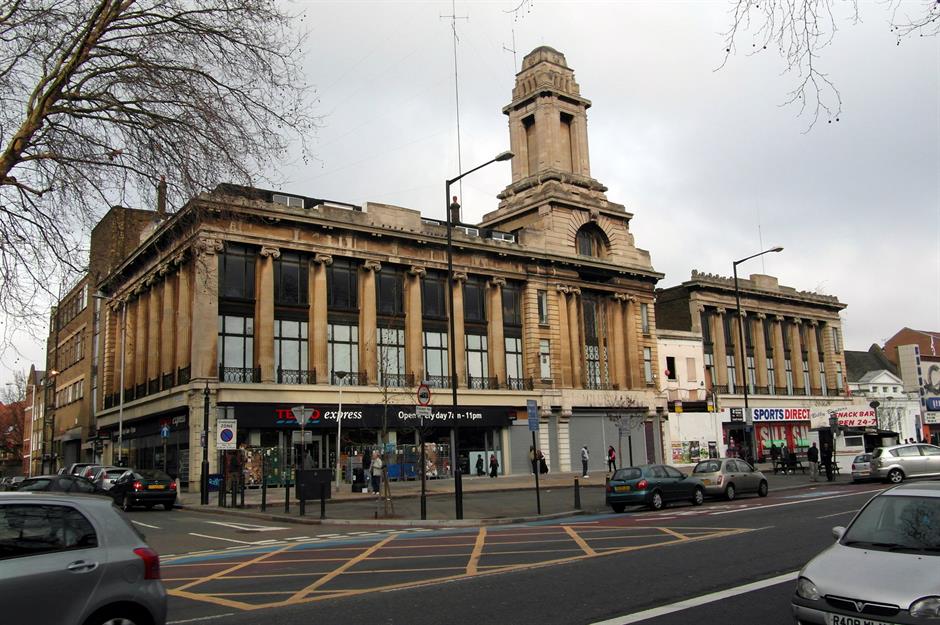
The Wickham family had a number of drapers shops on the block either side of a jeweller, which was owned by the Spiegelhalter clan. Business was brisk in the Wickhams' shops, so during the early 20th century, the family drew up ambitious plans to build a fancy department store. There was just one catch. The Spiegelhalters wouldn't sell.
Sponsored Content
The Spiegelhalter family vs. Wickhams Department Store
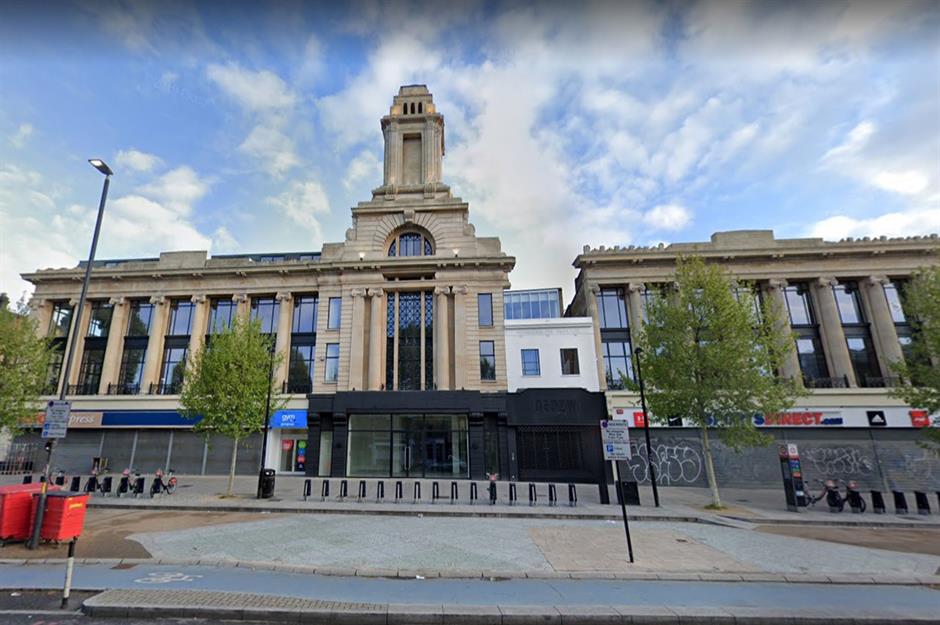
Though no doubt exasperated by the Spiegelhalters' stubbornness, the Wickhams completed their department store in 1927, constructing the building around the jewellery shop. The department store closed down in the 1960s, while the jewellery shop was shuttered for good in 1988. After falling into disrepair, the abandoned space was restored recently for posterity.
Edith Macefield vs. Ballard Blocks developers
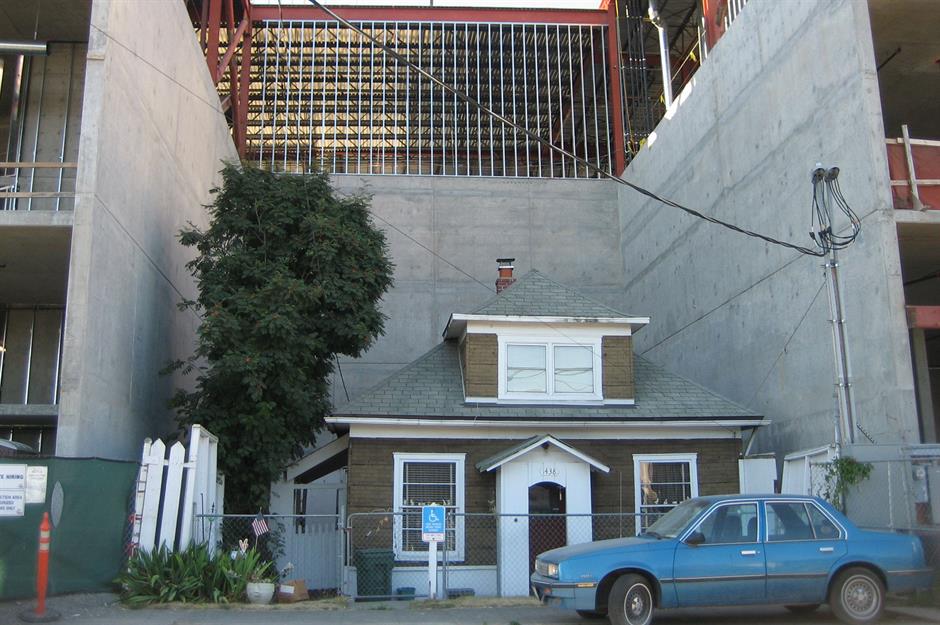
Edith Macefield vs. Ballard Blocks developers
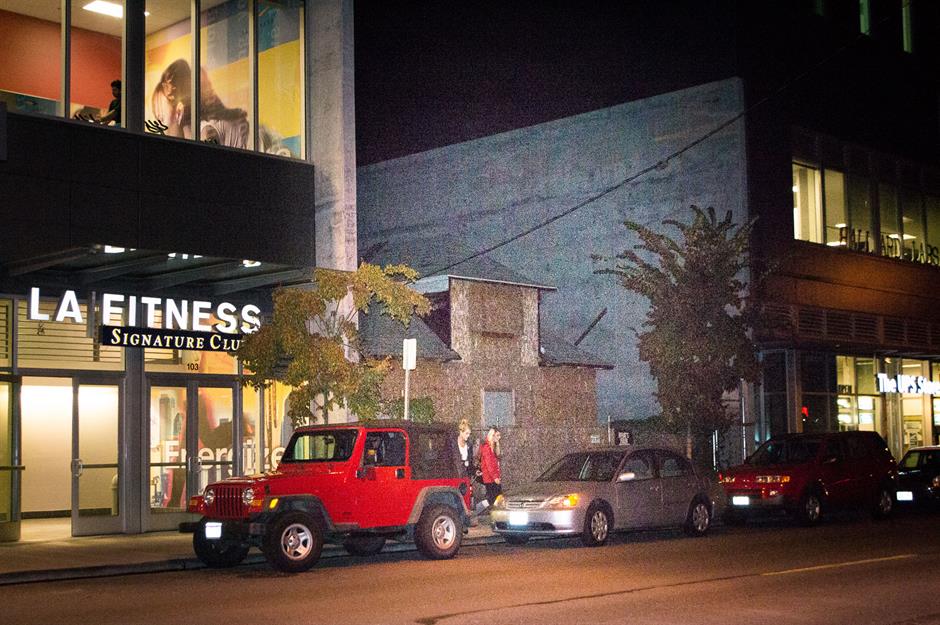
Macefield's tiny house was valued at just $6,000 (£4.7k), though the land was worth $101,000 (£78.6k), making her holdout all the more surprising. “I don't care about money,” she told The Seattle Times, “I'm 84. I'm perfectly happy here. And I don't want to move.” The powers that be ultimately gave up trying to persuade the elderly lady to sell and built the development around her modest home.
Sponsored Content
Edith Macefield vs. Ballard Blocks developers
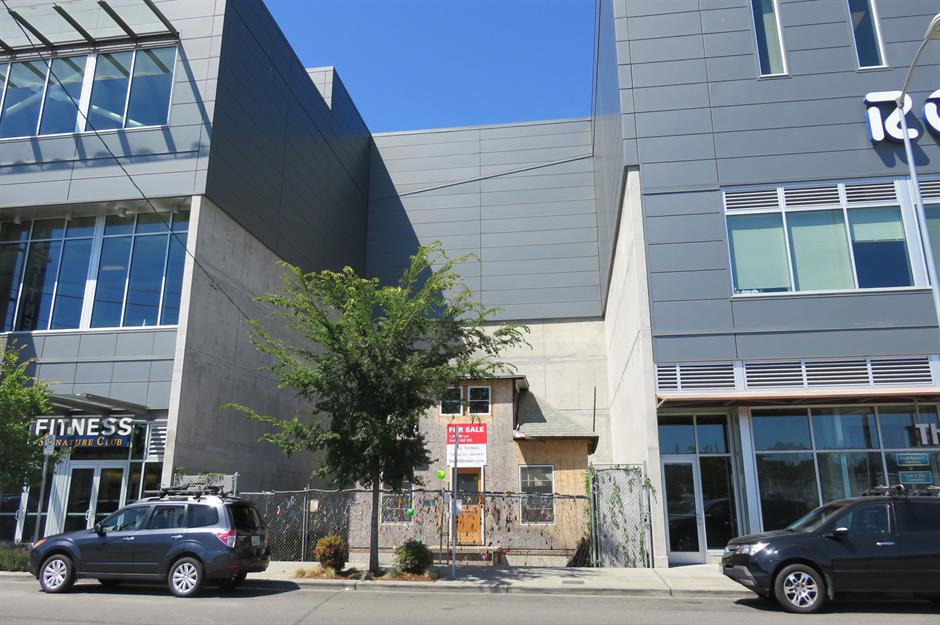
Macefield died in 2008. Interestingly, the property was bequeathed to Barry Martin, the new building's construction manager with whom she had struck up a friendship. Not long after her passing, Martin sold the house for $300,000 (£234k) and despite rumours that the property has been earmarked for demolition, it still stands, a testament to its late owner's resilience.
Saint Joseph Catholic Church vs. Joske’s of Texas
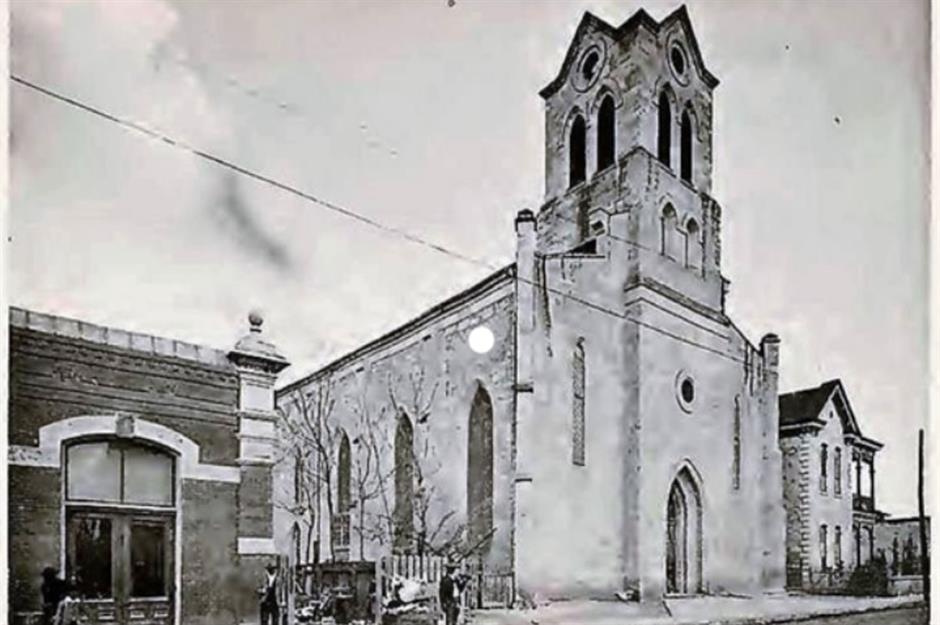
Saint Joseph Catholic Church vs. Joske’s of Texas

Sponsored Content
Saint Joseph Catholic Church vs. Joske’s of Texas
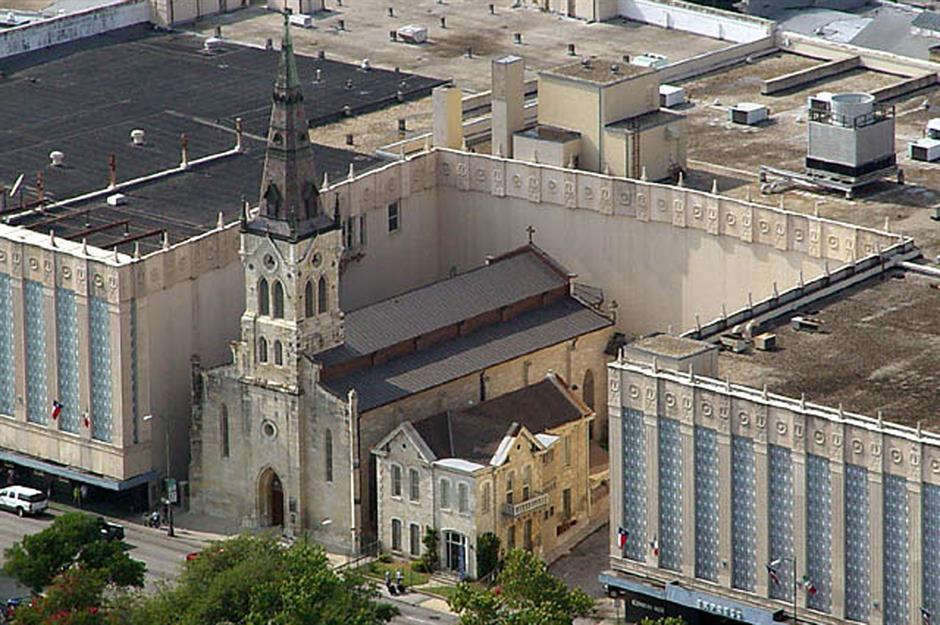
Wu Ping and Yang Wu vs. Chongqing shopping mall developers

Wu Ping and Yang Wu vs. Chongqing shopping mall developers

Sponsored Content
Wu Ping and Yang Wu vs. Chongqing shopping mall developers

In March 2007, a court order was issued to remove the couple who courted the media and became a cause célèbre. Yet the pair ignored it and stood their ground. Thanks to their stubbornness, the Wus bagged a new apartment of the same size and finally called it a day on their three-year fight the following month.
Randal Acker vs. TriMet
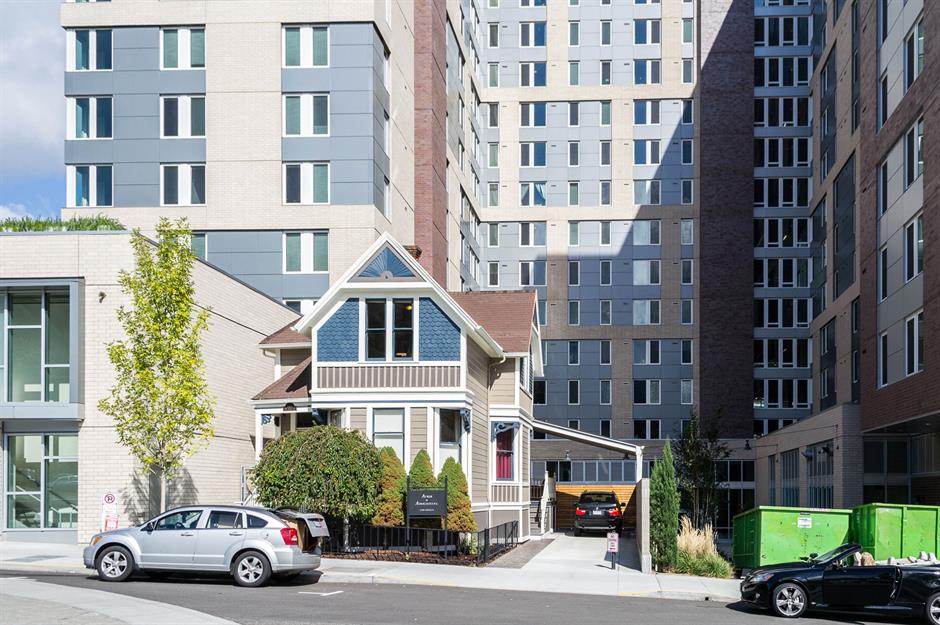
Randal Acker vs. TriMet
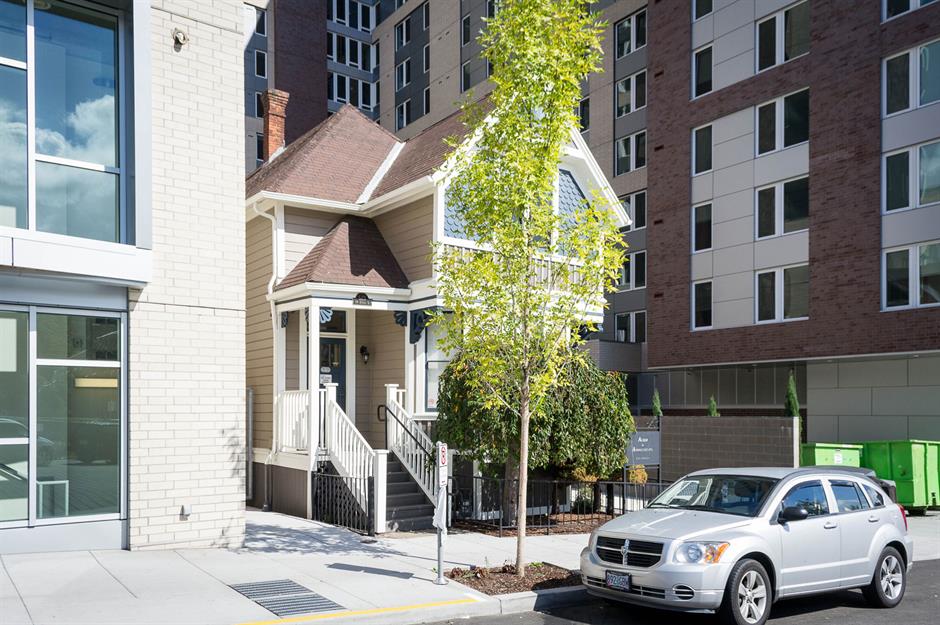
Sponsored Content
Randal Acker vs. TriMet
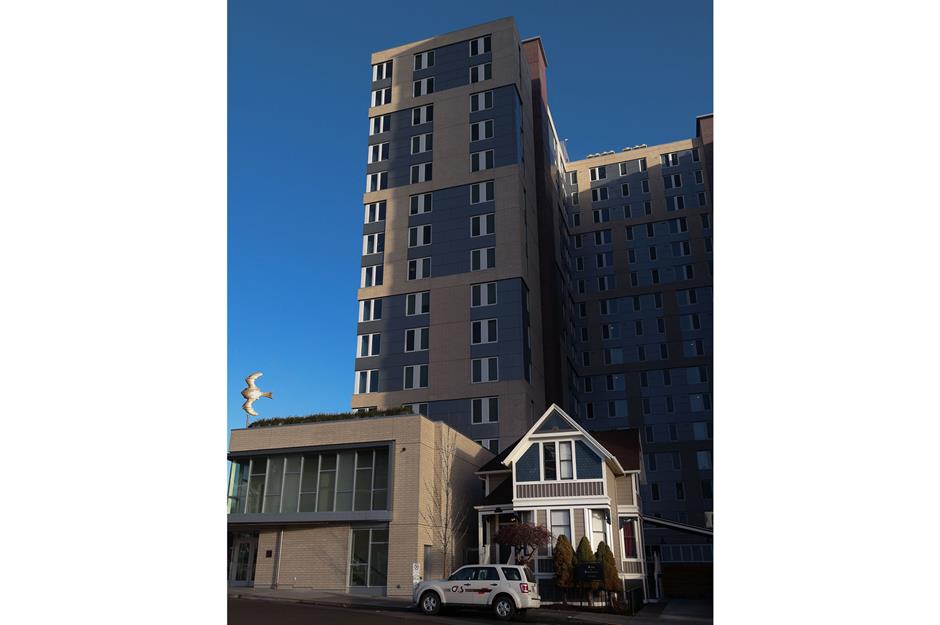
The student residence halls project went ahead and was constructed around the historic house. Enjoying the last laugh, Acker celebrated his triumph in 2011 by buying 400 helium balloons, which were tied to the chimney of the house, a homage to the movie Up.
Yang Youde vs. Wuhan City developers

Yang Youde vs. Wuhan City developers

Sponsored Content
Yang Youde vs. Wuhan City developers

Apartment block residents vs. the Government of Guangzhou

Apartment block residents vs. the Government of Guangzhou

Sponsored Content
Apartment block residents vs. the Government of Guangzhou

The local government reportedly promised the residents that it would build a sound barrier around their homes but the pledge doesn't appear to have been honoured. Whether the homeowners and their families can put up with the noise and pollution long-term remains to be seen but recent images show the properties are still standing.
Luo Baogen vs. the Government of Wenling

Luo Baogen vs. the Government of Wenling

Luo rejected the offer in no uncertain terms and the government built the highway around his home. In the meantime, the plucky poultry farmer and his wife fought the authorities for a decent payout, a property feud that went on for four years.
Sponsored Content
Luo Baogen vs. the Government of Wenling

Weary from his arduous fight, Luo finally accepted $42,000 (£32.7k) for the property which, though considerably less than what he spent to erect it, was a marked improvement on the initial offer of $28,000 (£22k). The house was finally demolished in 2012 and Luo's case, which had gone viral around the world, was closed.
Loved this? Like and follow us on Facebook for more fascinating real estate stories
Comments
Be the first to comment
Do you want to comment on this article? You need to be signed in for this feature